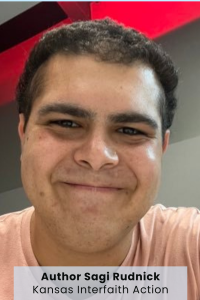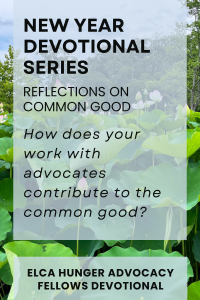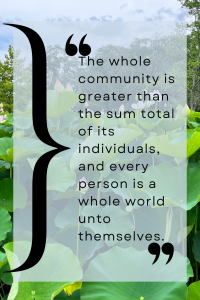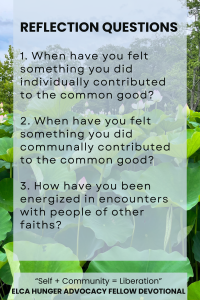by Sagi Rudnick, Kansas Interfaith Action [About the Author]
 I am a Jewish progressive young adult who immigrated to the United States from the Holy Land as a child. Since my teenage years, I have felt a particular draw to political activism as a path for goodness to prevail. I also knew from that point that I wanted to build my career around that path. Since then, I have been fortunate to be able to lend my talents to a variety of causes.
I am a Jewish progressive young adult who immigrated to the United States from the Holy Land as a child. Since my teenage years, I have felt a particular draw to political activism as a path for goodness to prevail. I also knew from that point that I wanted to build my career around that path. Since then, I have been fortunate to be able to lend my talents to a variety of causes.
Last summer, about a year after graduating from undergrad, I found myself looking for an opportunity where I could grow professionally as well as spiritually. That’s when I learned of the ELCA Hunger Advocacy Fellowship with Kansas Interfaith Action (KIFA) on social media, and I knew this was a unique opportunity that I wanted. What drew me was the emphasis on being rooted in the values that drive us to champion the common good, and equally, the encouragement of my personal spiritual development.
At the core of my ongoing personal passion, and my philosophy regarding the theory of change, is the juxtaposition of two realities: the whole community is greater than the sum total of its individuals, and every person is a whole world unto themselves. This interplay is explored and celebrated in numerous elements of Jewish tradition, as well as other faith traditions. In this reflection, I seek to lay out the importance of both realities in tandem as a path for collective liberation and dignity for all of God’s creation.
 ONE OF VALUE
ONE OF VALUE
While celebrating the power of the common good, it is important as well to hold space and reconcile the fact that on some days, in the face of great adversity, community activism for the common good can feel truly futile. Looking to the Tanach, aka the Hebrew Bible, I find that the Book of Ecclesiastes provides apt inspiration in this regard. This text, traditionally read during the Jewish fall holiday of Sukkot, aka the Festival of Booths, takes a hard look at our temporary existence, authentically recognizing our mortality and at the same time empowering us to make the most of our lives, precisely because our time on this Earth is limited.
The labor of each and every child of God, in moving us all towards a more equitable world, renders each of us as valuable as the whole world. Piecemeal progress cannot be discounted. Indeed, “Better is a handful of quietness than two hands full of toil and a striving after wind” (Ecclesiastes 4:6).
TWO STRONGER THAN ONE
With that being said, to achieve positive change on a macro level, it is imperative to work beyond the individual level, and to build a better world harnessing diverse stakeholders to achieve results for the common good.
I do my best to live this out in my own activism, which has included lobbying for hundreds of millions in public dollars for public universities and working with faith communities and organized labor to raise the minimum wage and enact paid sick leave. I also recognize that I have a lifetime of learning from fellow activists, who all bring unique experiences and contexts to the table. Indeed, “Two are better than one, because they have a good reward for their toil. For if they fall, one will lift up the other; but woe to one who is alone and falls and does not have another to help. Again, if two lie together, they keep warm; but how can one keep warm alone?” (Ecclesiastes 4:9-11).
STRENGTH IN NUMBERS
As a child, I remember being struck by the reality of how easy it is to snap a single wood pencil or two into pieces, but how three or more pencils together were impossible to break, and remained unified. To truly achieve common good in and for the community, it is critical not only to work with a fellow activist, but to scale up and use our collective labor in broad, diverse coalitions.
There is great strength in numbers paired with authentic community organizing. Indeed, “And though one might prevail against another, two will withstand one. A threefold cord is not quickly broken!” (Ecclesiastes 4:12).
THE WHOLE EQUATION
At the end of the day, for me, it comes down to the following. In 50 years, when our grandchildren ask us how we made the most of life, what will we say to them? Did we harness our individual God given gifts? Did we work in solidarity to strengthen the fabric of our society? Did we do our best to achieve liberation for all of God’s creation?
ABOUT THE AUTHOR: Sagi Rudnick (he/him) is a political organizer, strategist, and activist with over half a decade of experience fostering community in Kansas and Missouri with over a dozen campaigns and organizations. Rudnick graduated with Honors from the University of Missouri – Kansas City in 2023 with Bachelor’s degrees in Political Science and Professional Communications, and a Minor in International Studies.
